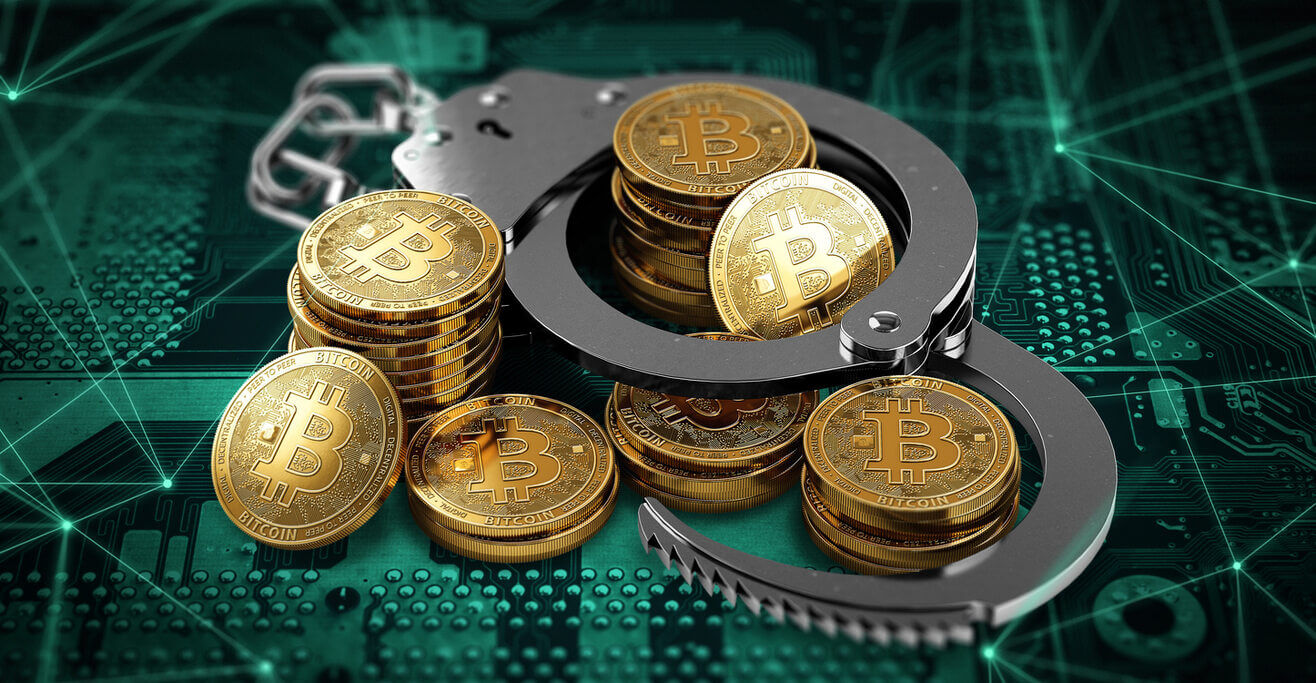
Online scams are as old as the internet itself. The large educational and generational gap between the young and old has given rise to fraud in the world of finance. First, we saw it happen with cheques and credit card payments; these eventually became too hard to outsmart. Nowadays, cryptocurrency fraud is booming and exists in all different forms. The more people choose to buy Bitcoin, the more creative these frauds become.
In this article, we look at the progress of Bitcoin, how it fuels scammers’ creativity, and what you can do to avoid falling victim to such practices. Let’s delve in.
Different types of frauds in the crypto space
There are many different types of cryptocurrency scams. You may or may not have heard about them during your crypto journey. Let’s offer a short summary before we proceed:
- Dating and romance scams – Individuals get “catfished” into sending cryptocurrency to imaginary personas which are portrayed by scammers through online dating platforms.
- Investment scams – Fake ICOs, fake exchanges, and scammy altcoins whose only purpose is a large pump and dump scheme.
- Ponzi and pyramid schemes – These are projects that operate on the basis of a continuous influx of new user signups. Once these “dry out”, the platform goes bankrupt.
- Email scams – The most popular type of scams in the industry, becoming more sophisticated each passing year. Fraudsters will pretend to be the support team behind your wallet and request information linked to your address. They are also known as phishing scams.
- Crypto giveaways – Influential crypto personalities will never promote giveaways. Yet, somehow, scammers always find a way to impersonate authoritative figures in the crypto space and pretend to host crypto giveaways. There is a catch though – you will first need to send your funds to an address before (supposedly) receiving the reward. Of course, the reward never comes.
- Phone scams – Finally, one more popular type of fraud is that which occurs through phone communication. Fraudsters will call you pretending to be the support team of the cryptocurrency exchange you are using and ask for your password and 2FA details. As soon as you offer this information, they access your account and steal all the funds contained in it.
Hacking is also on the rise
Aside from small-time scams like the ones discussed above, many groups organise heists from exchange platforms, getting hundreds of millions of dollars through stolen value.
The examples are too many to count. MTGox being the first. The massive NEM hack. Even the recent 2010 Binance hack, where bad actors claimed more than a hundred million dollars in Bitcoin value.
The good thing is that there are now systems in place to “taint” stolen funds, making them impossible to sell on exchange platforms of all sorts. There is also an active effort to whitelist as many addresses as humanly possible, to track stolen funds easier. Overall, the industry seems to be more regulated than before, and the hacks are decreasing as a result. However, there is still a lot of fraud-related activity on decentralised exchanges since there is no way or reason to control the platform’s safety. For some, this is good; for others, it can cost them their life savings.
How to protect your funds from scams and fraud
Each type of scam will naturally require a different approach when it comes to protection. The first thing you can do is effortless: Never click on anything you don’t understand and NEVER EVER give out your personal information to anyone you do not know. This includes your wallet address, private keys, pin code, 2FA, or exchange passwords. In most cases, scams work due to the user’s voluntary participation who does not have a clear understanding of the process.
The second thing you can do is research – Tons of it! When you come across an email that asks for your personal information, Google the sender’s email address and see if anything comes up. Exchanges and crypto wallet companies will never ask for your personal information.
When it comes to the coins you want to invest in; whether that is an ICO or a small-cap altcoin, research is equally important. Read up on the project’s fundamentals, the whitepaper, and watch any videos or podcasts where the team participates. No information on the team? Then it’s best to stay away.
Finally, the best way to protect yourself from scams is to keep a level-headed approach. Use your logic when trying to understand a situation you come across. Is a password essential? Is this update mandatory? What about the risks associated with investing in a cryptocurrency that is obviously a pyramid scheme? Emotional intelligence helps you make better investment decisions and leads to more profit over time.

